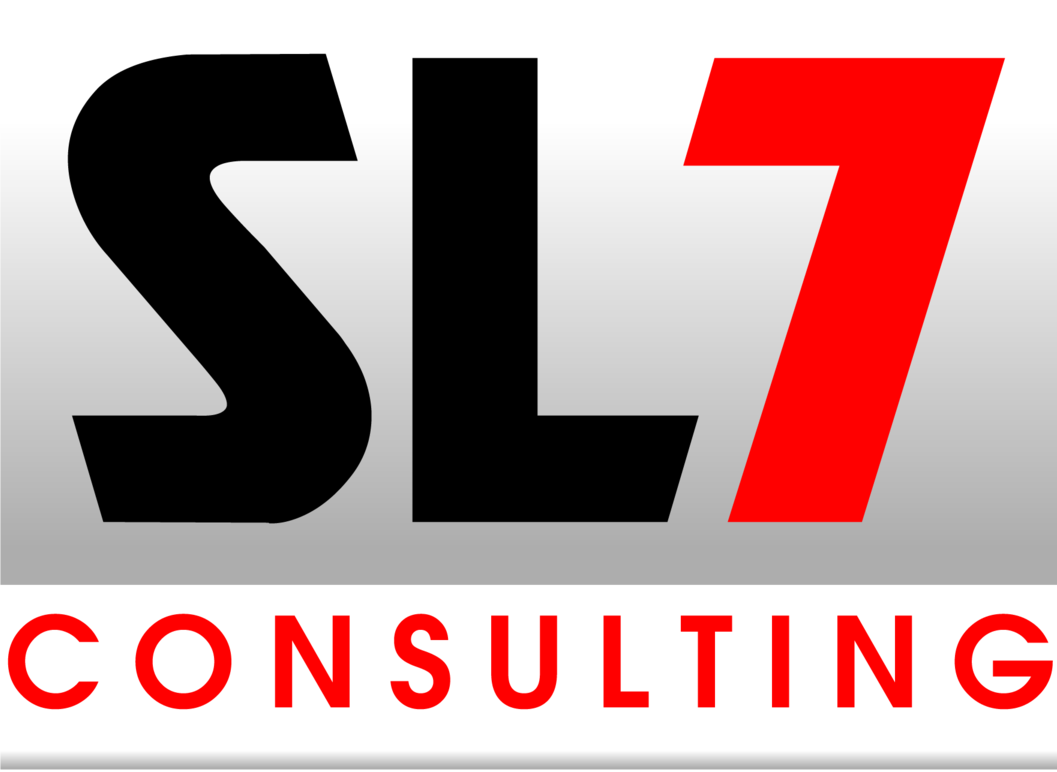Here are 7 key truths about NIMBY (Not In My Back Yard) that reveal the complexities and
consequences of this phenomenon:
1. NIMBYism Can Exacerbate Housing Crises
- Truth: NIMBY opposition often targets housing developments, particularly affordable housing, due to fears of increased traffic, decreased property values, or changes to neighborhood aesthetics. This resistance can directly contribute to housing shortages, driving up housing costs and worsening affordability crises, especially in urban areas where demand is high.
2. NIMBYism Can Delay Critical Infrastructure Projects
- Truth: Large-scale infrastructure projects, like public transportation, energy facilities, or waste management sites, can face significant opposition from local communities. The delay or cancellation of these projects due to NIMBY sentiments can hinder urban growth, sustainability efforts, and the overall efficiency of public services.
3. Economic Inefficiency Results from NIMBYism
- Truth: The resistance to development that is beneficial to the broader community can increase costs and reduce economic opportunities. Delays in housing construction, for example, drive up real estate prices, create economic inefficiencies, and limit job creation in industries linked to the construction of new developments.
4. NIMBYism Often Perpetuates Inequality
- Truth: NIMBY opposition is often disproportionately focused on the needs of lower- income or marginalized communities, such as the construction of affordable housing or homeless shelters. By preventing such developments from being built, NIMBYism can entrench social inequality, limit upward mobility, and worsen homelessness.
5. NIMBYism Can Be Driven by Legitimate Concerns
- Truth: While NIMBYism often involves opposition to change, it is important to recognize that many NIMBY concerns stem from genuine fears. Issues like environmental impact, noise pollution, loss of green space, or strained local resources are valid concerns. However, solutions can often be found through careful planning and community engagement.
6. NIMBYism Can Lead to Urban Sprawl
- Truth: By blocking development in central urban areas, NIMBYism can push new
construction outward, contributing to urban sprawl. This sprawling development can
create inefficient infrastructure systems, increase car dependence, and reduce the
availability of open spaces, making cities less sustainable in the long run.
7. NIMBYism Can Fuel Political Polarization
- Truth: NIMBY attitudes can create divisions within communities, leading to political polarization. Elected officials may find themselves caught between the needs of their constituents who oppose local developments and the larger, regional goals of growth and sustainability. This division can make it harder to pass policies or secure approval for projects that benefit society as a whole.
In essence, while NIMBYism often arises from concerns about personal well-being or local interests, it can have far-reaching effects that hinder societal progress, exacerbate inequality, and prevent needed infrastructure and housing developments. Addressing these challenges requires balanced solutions that engage communities in meaningful discussions while still prioritizing broader social and environmental goals.
Indeed, there are many more truths to point out, but these top seven show how prevalent and deep the fear of change and status quo attitudes reach into our daily realities.
About Patrick Slevin
Patrick Slevin is the publisher and editor of the NIMBY Insider. He is considered the preeminent authority, consultant, and speaker on the NIMBY subject matter. He has published two Amazon bestselling NIMBY books Breaking Out of the NIMBY Matrix and Never Lose to NIMBY Opposition Again!. Slevin heads his national public affairs firm SL7 Consulting, and he is the founder of the Academy of Citizen Engagement.
You can visit www.NIMBYinsider.com and www.PatrickSlevin.com for more information.
